Final event at CLIMA 2022!
The QUEST project organised it's final event on sustainable finance in the building sector at CLIMA 2022 - the HVAC World Congress on 24 May 2022, specifically about how quality management services can help building owners & investors to meet the Taxonomy requirements and de-risk investments by closing the building performance gap. The first half of the workshop focused on the impact of the EU Taxonomy and the need for reliable building data for investors to know if they’re meeting the requirements, while the second part covered the impact of the building performance gap and how QUEST has been working to mitigate this.
Watch the recording on our YouTube Channel: https://www.youtube.com/watch?v=0-NPJ_8kEGE
Frank Hovorka, who just became Past President of REHVA after handing the position over to Catalin Lungu a few days prior, delivered the keynote speech. The presentation focused on the need for accurate, reliable and transparent building data to enable in-depth digitalisation of the construction sector which is a key factor for creating trust between quality of building units and its value. Building passports were mentioned as a key tool to provide owners & investors a good overview of the performance of buildings in different indicators throughout its life-cycle, not just in terms of energy consumption but also in regards to IEQ indicators. These passports have to be able to provide dynamic data of measured performance, which can be fed into by open BIM tools and digital twinning that allows for simulation and real-time asset management tools.
This was followed with a presentation by the QUEST project coordinator Dr. Stefan Plesser (synavision GmbH) on why Quality Management Services (QMS) are essential to effectively transform Europe’s building stock to become green. From construction to decommissioning, a building goes through several of stages of renovations which contain technical risks each time that can prevent optimal gains from the renovation. These technical risks can be mitigated by managing the quality of the works through dedicated services. The QUEST toolbox provides support to integrate several such services in building projects, i.e. Technical Monitoring, Building Commissioning and Green Building Certification, to help to de-risk green investments by mitigating the technical risks involved.
Ole Teisen (Sweco Denmark) continued with a demonstration on how QMS can help investors to align their building portfolios with the EU Taxonomy requirements. Technical Monitoring is a digital service that monitors if the target values, made during the design phase, are met during a trial period in the construction phase through logged data from the building’s automation system. The Building Commissioning process goes deeper and covers all stages of a building process, with an in-person assessment by a third-party expert to assess if all requirements during the pre-design phase are met. This process can help investors to align with the Taxonomy since its requirements can be used as the basis for setting up the Building Commissioning process during the pre-design phase. The commissioning process will then ensure that during the construction phase the requirements are met by the time it goes into operation.
During the workshop’s first panel discussion, on the topic of the EU Taxonomy, the barriers for the implementation of the Taxonomy were discussed. Two key barriers were highlighted during the discussions, both by the panel and the audience, which were:
- - Uncertainty with financial investors on how to meet the Taxonomy requirements.
- - Lack of reliable (accurate & transparent) building data.
The second part on Building Performance Gap started of with a presentation by Prof. Dr. Ivo Martinac (Royal Institute of Technology – KTH) on what this gap exactly was and which indicators this could impact (higher energy consumption than expected, higher operational costs, not meeting legal requirements, …) which all could have an influence on the financial value of building units. QUEST aims to provide a better overview of these issues through the QUEST Data Engine, which is a data set that collects building data that measures the performance of different indicators.
Cormac Ryan (COPILOT – Building Commissioning Certification) presented the QUEST Tool which is an easy-to-use tool that helps investors to calculate the financial added value of QMS into building projects and can help de-risk green building investments by ensuring that the pre-design requirements by investors/owners are met in building projects.
Programme:
|
10min |
Keynote: Sustainable Finance in Building Projects Frank Hovorka REHVA President |
|
10min |
QUEST: De-risking Green Investments in Buildings Dr. Stefan Plesser Managing Director at synavision GmbH, Project Coordinator QUEST |
|
15min |
Applying Quality Management Services to be Taxonomy-aligned Ole Teisen |
|
15min |
Panel Discussion: Impact of the Taxonomy on the Building Sector Chaired by Dr. Stefan Plesser |
|
10min |
QUEST Methodology: Evaluating the design-construction-operation risks through Quality Management |
|
Prof. Dr. Ivo Martinac |
|
|
15min |
QUEST Predictive Valuation Tool: Added value of Quality Management Services to your projects |
|
Cormac Ryan |
|
|
15min |
Open discussion with participants |

